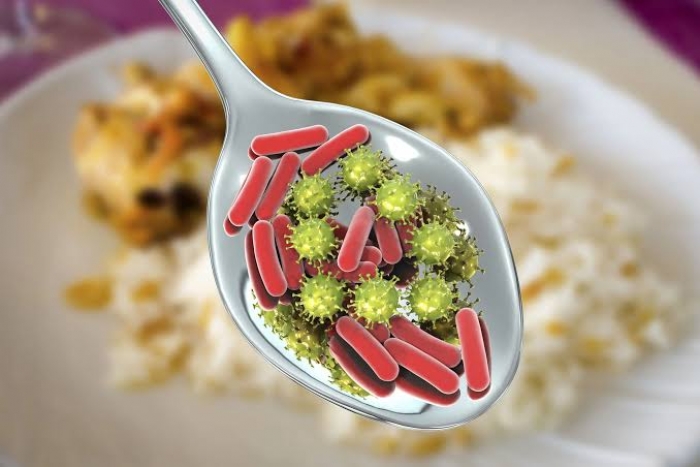Nigeria is facing a deepening public health crisis as both the federal government and a new report by civil society group Corporate Accountability and Public Participation Africa (CAPPA) raise alarm over the devastating impact of food-related illnesses and the unchecked spread of unhealthy, ultra-processed foods across the country.
Speaking at the launch of a new national food safety operational manual in Abuja, the Minister of Innovation, Science and Technology, Uche Geoffrey Nnaji, disclosed that an estimated 200,000 Nigerians—many of them children—die each year from foodborne diseases. He pointed to dangerous practices such as using paracetamol to tenderize meat, fermenting cassava with detergents, and adding industrial dyes like Sudan IV to palm oil and pepper, calling them “criminal acts” punishable under Nigeria’s Criminal Code.
“These are not cultural missteps—they are attacks on public health,” the minister said, adding that poor hygiene and contaminated food were behind recent outbreaks of cholera and Lassa fever, which claimed hundreds of lives in early 2025 alone. The new manual, he noted, offers a science-based guide for food safety enforcement at the local level, targeting markets, street vendors, and informal food outlets where millions of Nigerians source their meals daily.
Supporting the initiative, Coordinating Minister of Health and Social Welfare, Prof. Muhammad Ali Pate, cited findings from the Global Alliance for Improved Nutrition (GAIN) showing that 20% of hospital admissions in urban areas stem from foodborne illnesses. He emphasized the urgent need for robust food safety frameworks, developed in collaboration with state governments, to address local realities.
The head of the Nigerian Council for Food Science and Technology (NiCFoST), Nkechi Veronica Ezeh, described the manual as a “missing piece” in the country’s food safety infrastructure, aligning with constitutional mandates for local governments to regulate food environments.
However, the challenge is not only about contamination and food safety—it also concerns the rising threat of non-communicable diseases (NCDs) linked to unhealthy diets. According to a new report by CAPPA titled “Junk on Our Plates”, weak regulation is enabling food and beverage companies to flood Nigerian communities with ultra-processed, sugar-laden products, using deceptive marketing tactics and cultural targeting to reach schools, religious centers, and low-income areas.
CAPPA’s Executive Director, Akinbode Oluwafemi, said the shift from traditional diets to processed snacks and sugary drinks is fuelling a wave of NCDs—obesity, diabetes, hypertension, and heart disease—which now account for over 30% of all annual deaths in Nigeria. “We’re talking about 684,000 preventable deaths every year—equivalent to wiping out the population of Luxembourg annually,” he warned.
The report highlighted misleading labeling practices and aggressive promotions by multinational brands, including bundling sugary drinks with fast food during Ramadan in Lagos and Abuja, and embedding products into local food cultures in the North. “These companies operate like the tobacco industry once did—covertly targeting children, distorting health information, and bypassing regulation,” Oluwafemi added.
Despite policy steps such as the N10-per-litre Sugar-Sweetened Beverage (SSB) Tax introduced in 2021, and new sodium reduction and trans fat guidelines, CAPPA says enforcement remains weak. Public health advocates have also questioned the lack of transparency in how over N100 billion collected from SSB taxes since 2022 has been used.
The group is calling for stronger action: raising the SSB tax to N130 per litre, banning unhealthy food marketing near schools, enforcing front-of-pack nutrition labels, and protecting policymaking from corporate influence. “Food is a right, not a luxury,” Oluwafemi said. “Whether in Maitama or Makoko, every Nigerian deserves safe and nutritious food.”
